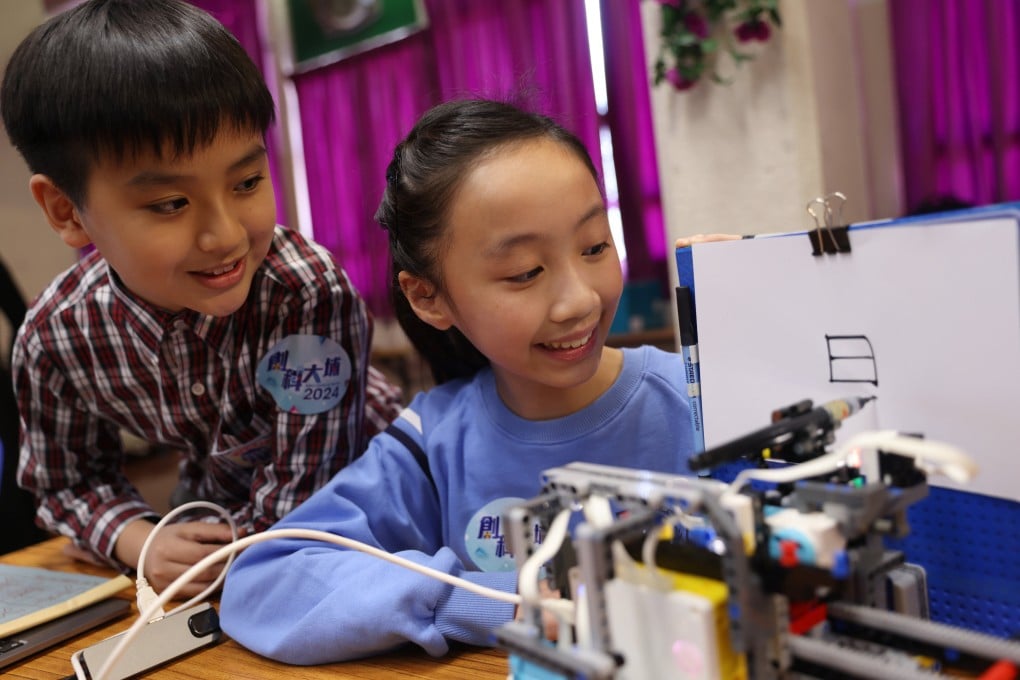Opinion | Schools need to teach about tech, not just use it in lessons
Amid an AI revolution, we must reform lesson plans and retrain teachers to educate the young about technology and how to use it for good

While many rightfully worry about AI impacts on employment and equality, arguably the biggest transformations will be in education. A student entering the first grade today will emerge into a world of work that is almost unrecognisable. An educational revolution is needed.
Technology education is education about technology – what it is and how it is used to solve problems. It is not the same as education technology, which refers to the tools enabling students to learn.
Will future first-graders learn with holographic cartoon tutors? Maybe, but technology education has more to do with learning how holograms are made, and how they can be deployed for public good and regulated to prevent harm. All education stakeholders will benefit from technology education: teachers, parents, policymakers, future employers and students.
Students will rapidly adopt new technology skills. It’s what kids do. They did it with calculators in the 1980s, despite anxiety that they might fail to learn arithmetic.
Learning critical thinking skills will help children discern the truth in a world cluttered with synthetic media. Education in an era of information abundance, some would say overload, must cultivate discrimination, and asking questions to build understanding. Rote memorisation will be a distant memory.
